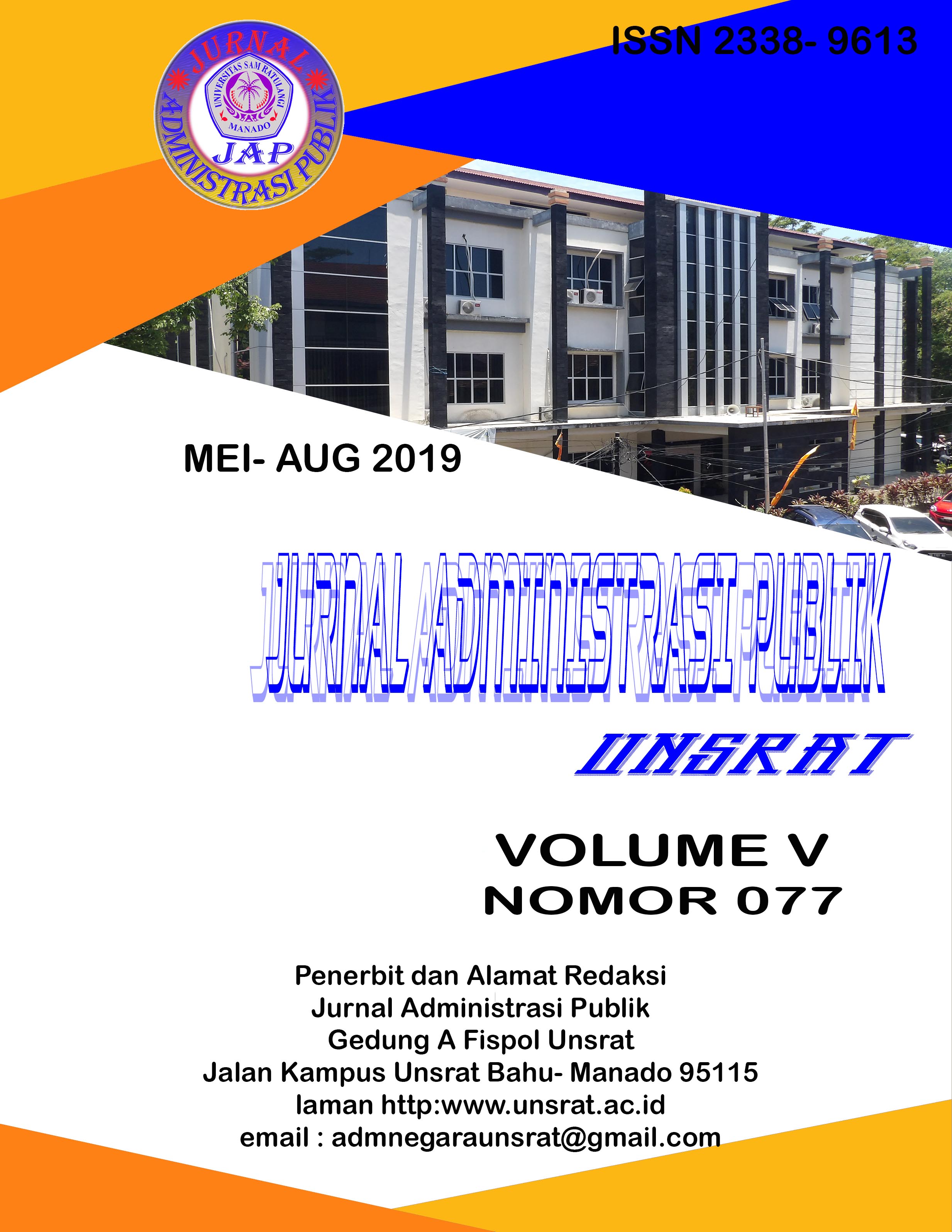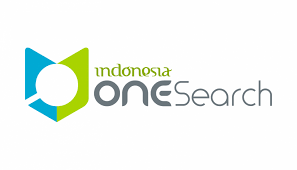IMPLEMENTASI PROGRAM KELUARGA HARAPAN SEKTOR PENDIDIKAN DI KELURAHAN MOLAS KECAMATAN BUNAKEN KOTA MANADO
Abstract
The Hope Family Program is a program approved to develop a system of social protection
for the poor in Indonesia. One final goal of PKH is to increase school enrollment rates for RTSM children
specifically at the elementary, middle and high school levels, and to reduce the number of underage
workers in Indonesia. PKH in this education sector asks RTSM motivation to be able to immediately
accept children to school and encourage them to fulfill commitments in the learning process, at least
85% of effective days of schooling in one month during the teaching year. The purpose of this study is to
describe the implementation of the Family Hope Program in the education sector in the Molas Sub-
District, Bunaken District, Manado City. This research uses descriptive-qualitative method, data
collection techniques carried out by interviews, documentation, and data collection with documents.
Randall Ripley and Grace Franklin. This theory looks at the level of approval variable in the applicable
regulations, the smooth variable performs the routine and the absence of discussion, the variable
realization of the performance and the desired change. The results of his research showed that the
implementation of PKH in Molas Sub-District, Bunaken District, Manado City was still in the
implementation stage. Dissemination and assistance have not been carried out in full, there have been
delays in disbursing PKH funds and the utilization of PKH funds in the education sector that are not well
targeted. KPM's mindset is wrong regarding children's education.
Keywords: Implementation, Hope Family Program Education.








